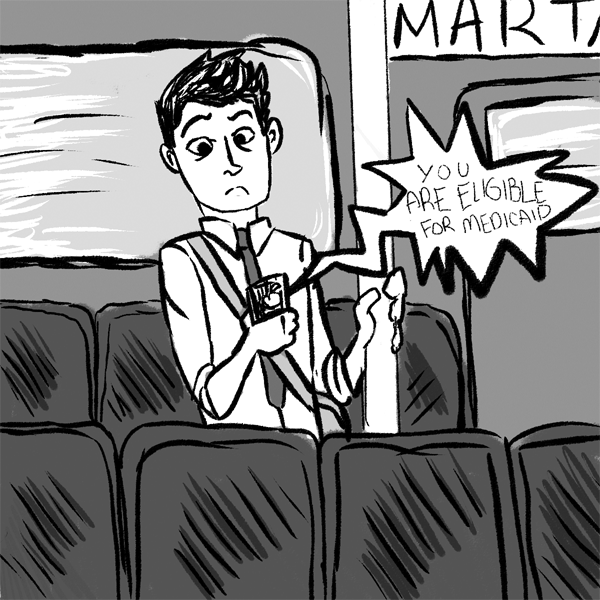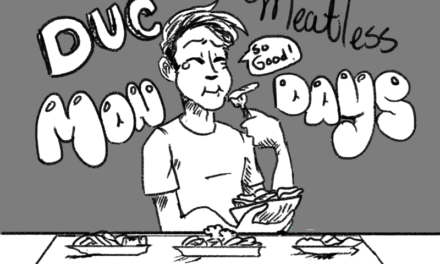In this day and age, where we are paying utility bills online or using the text messaging system, there is a lot of opportunity for Medicaid to go digital.
A simple text messaging system could be used to perform an initial screening for eligibility.
For years, a solution for the Georgia Department of Community Health (DCH) to have an easy-to-find single point of entry eligibility and application system has been sought after. From 2012 to present, these efforts have brought us closer to the solution of easing the burden of paper-based applications.
When someone is applying for Medicaid for themselves or their children, they normally have to wait in line for hours standing to submit their applications and vital documents. Following this submission, approvals are delayed while the different administrative staff at DCH re-enters the submitted data from the paper application to determine eligibility. Demographics and important eligibility information, which can only be entered once upon the initial application or renewal and replicated where necessary, are entered multiple times by different people, depending on the stage of the application.
Secondly, verification documents such as pay-stubs are not always easily available.
This paper-based system is cumbersome and allows for errors of omission of important documents, leading to disruption in coverage of clients. Locating and submitting paperwork brings about barriers for coverage of eligibles.
These among other factors, such as unwarranted delays in coverage, affect Federal Quality Control Requirements, which deter Georgia from receiving federal incentives to support Medicaid programs. A paperless system would not only reduce costs for the DCH, but it will also improve Medicaid Eligibility Quality Control (MEQC), which is a requirement by the federal government. Using an electronic means to match and verify client information would free workers from time-consuming follow-ups that could be avoided due to missing documents and allow for further system improvements.
Vital documents for verification such as birth certificates and social security cards could be scanned and linked electronically to the application.
Data sharing with other community based agencies such as the Women, Infants and Children (WIC) office, which collect income data and other information upon enrollment could be another way of facilitating verification.
Researchers have found that paperless verification has lower error rates and would reduce the ability to falsify documents. Resistance to paperless verification has been largely due to the MEQC and other quality control concerns, which look upon accuracy of eligibility determinations. Several states, including New York, have demonstrated that it is possible to maintain accuracy without paper-based verification by following the federal guidelines to ensure accuracy of submissions. Every state is responsible for ensuring that the guidelines are followed. Finally, being able to view one’s application status online would be a much-needed part of going paperless.
This would be vital especially for children or adults on long-term care, which would help in the planning of care.
Further, this would also allow for coordination during the enrollment process: the client or DCH staff each know their role in the process and the timelines are visible.
The client, advocate or any individual concerned with a particular case would be able to log on and see the history of receipt of benefits.
The Affordable Care Act mandates that all Medicaid programs move toward web-based, paperless enrollment processes.
It is crucial that Georgia make efforts towards an eligibility system, residents can use a device that has Internet capabilities and can verify eligibility information quickly and easily.
The current surge in Medicaid enrollment due to economic hardships experienced by families in Georgia and employers being unable to provide insurance coverage for their employees indicates a need for going paperless.
Apart from saving money and time, this initiative would facilitate sustainability of the Medicaid programs.
Sarah Wanyoike is a special standing student, due to be with her first-year cohort in the fall in the Masters of Public Health program in Global Health from Kenya.
Cartoon by Mariana Hernandez
The Emory Wheel was founded in 1919 and is currently the only independent, student-run newspaper of Emory University. The Wheel publishes weekly on Wednesdays during the academic year, except during University holidays and scheduled publication intermissions.
The Wheel is financially and editorially independent from the University. All of its content is generated by the Wheel’s more than 100 student staff members and contributing writers, and its printing costs are covered by profits from self-generated advertising sales.





